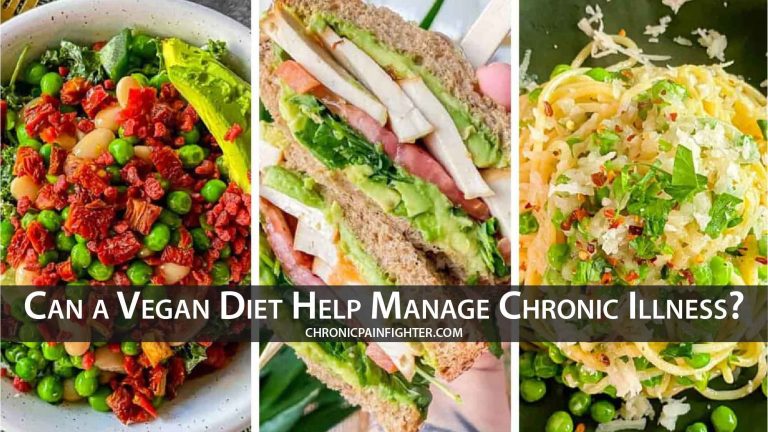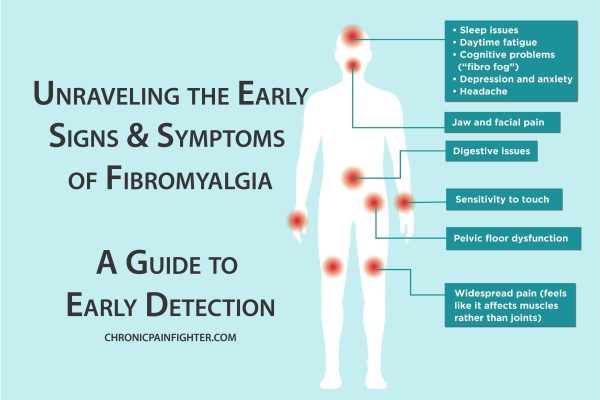Chronic illnesses like diabetes, heart disease, and autoimmune disorders affect millions worldwide. Many seek ways to improve their health and manage symptoms, and a vegan diet is often a topic of interest. But is going vegan truly beneficial for those with chronic conditions?
Understanding the Vegan Lifestyle
A vegan diet completely excludes all animal products, including meat, poultry, fish, eggs, dairy, and honey. This means relying on plant-based foods like fruits, vegetables, legumes, grains, and nuts.
The Potential Benefits of a Vegan Diet for Chronic Illness
1. Improved Blood Sugar Control:
Vegan diets are naturally low in saturated fat and cholesterol, often rich in fiber, and typically contain fewer processed foods. These factors can positively impact blood sugar regulation, especially for individuals with diabetes.
2. Reduced Risk of Heart Disease:
Studies show that vegans have lower rates of heart disease. This is attributed to lower intake of saturated fat and cholesterol, alongside higher intake of fiber, antioxidants, and plant-based omega-3 fatty acids.
3. Improved Inflammation Management:
Many chronic conditions involve inflammation. A vegan diet, rich in antioxidants and anti-inflammatory compounds found in fruits, vegetables, and whole grains, can help reduce inflammation throughout the body.
4. Weight Management:
Vegan diets are often lower in calories than omnivorous diets. This can be beneficial for weight management, which is crucial for managing conditions like diabetes and heart disease.
5. Potential for Autoimmune Disease Relief:
Some individuals with autoimmune disorders find that eliminating certain foods from their diet, including animal products, can reduce symptoms. More research is needed, but a vegan diet may be worth exploring for autoimmune disease management.
Challenges and Considerations
1. Nutritional Deficiencies:
Vegan diets can sometimes be deficient in essential nutrients like vitamin B12, vitamin D, iron, calcium, and omega-3 fatty acids. It’s crucial to ensure adequate intake through fortified foods, supplements, or careful planning.
2. Planning and Preparation:
Vegan diets require careful planning to ensure adequate intake of all essential nutrients. Access to a diverse range of plant-based foods and understanding how to prepare them are important.
3. Social and Cultural Factors:
Dining out or attending social gatherings can be challenging as a vegan. Planning ahead and understanding the availability of vegan options are essential.
4. Individualized Needs:
Every individual with a chronic illness is unique. What works for one person may not work for another. It’s essential to consult with a healthcare professional before making significant dietary changes.
Working with Your Doctor
Before starting a vegan diet for a chronic condition, it’s essential to discuss it with your doctor. They can assess your individual needs, monitor potential deficiencies, and help create a safe and effective plan.
Conclusion
A vegan diet can offer potential benefits for managing chronic illnesses, including improved blood sugar control, reduced risk of heart disease, and potential inflammation reduction. However, it’s crucial to address potential deficiencies, plan carefully, and work with your doctor to ensure it’s a safe and effective option for you.
Tips for Successful Veganism with Chronic Illness
- Consult a registered dietitian: They can create a personalized vegan meal plan tailored to your condition and needs.
- Focus on nutrient-dense foods: Prioritize fruits, vegetables, whole grains, legumes, nuts, and seeds.
- Take supplements as needed: Ensure adequate intake of vitamin B12, vitamin D, iron, calcium, and omega-3 fatty acids.
- Read food labels carefully: Look for fortified foods and products that meet your nutritional needs.
- Join support groups: Connect with others who follow a vegan lifestyle, particularly those with chronic illnesses.
- Be patient and persistent: Adjusting to a new diet takes time and effort. Celebrate your successes, learn from your challenges, and stay committed to your health goals.
Remember, a vegan diet is not a one-size-fits-all solution. It’s crucial to tailor it to your specific condition, needs, and preferences.






